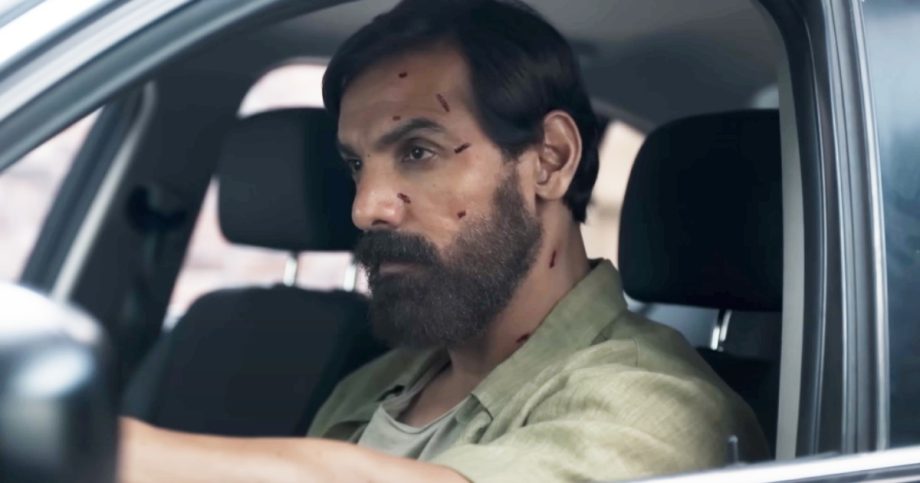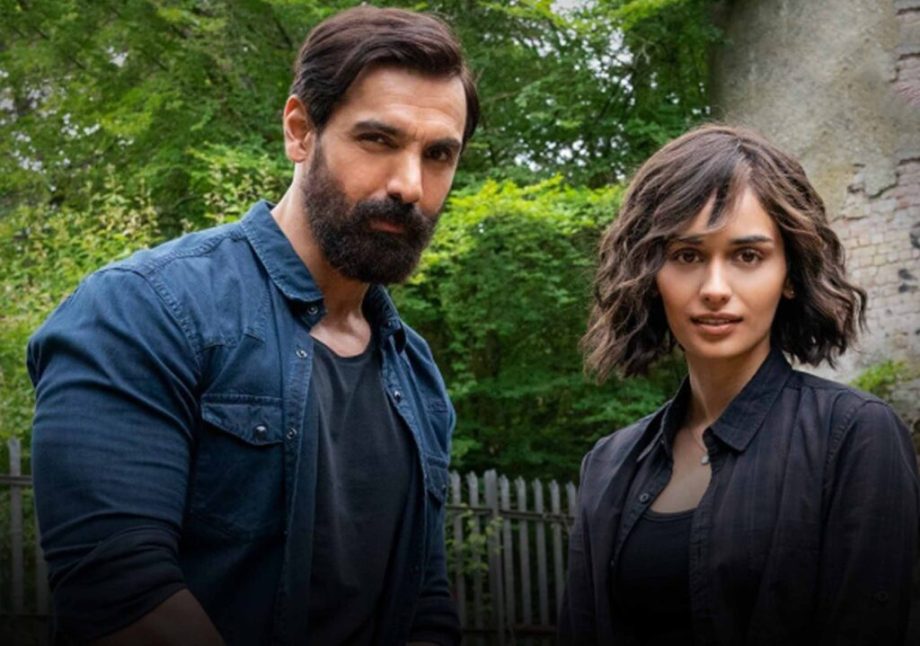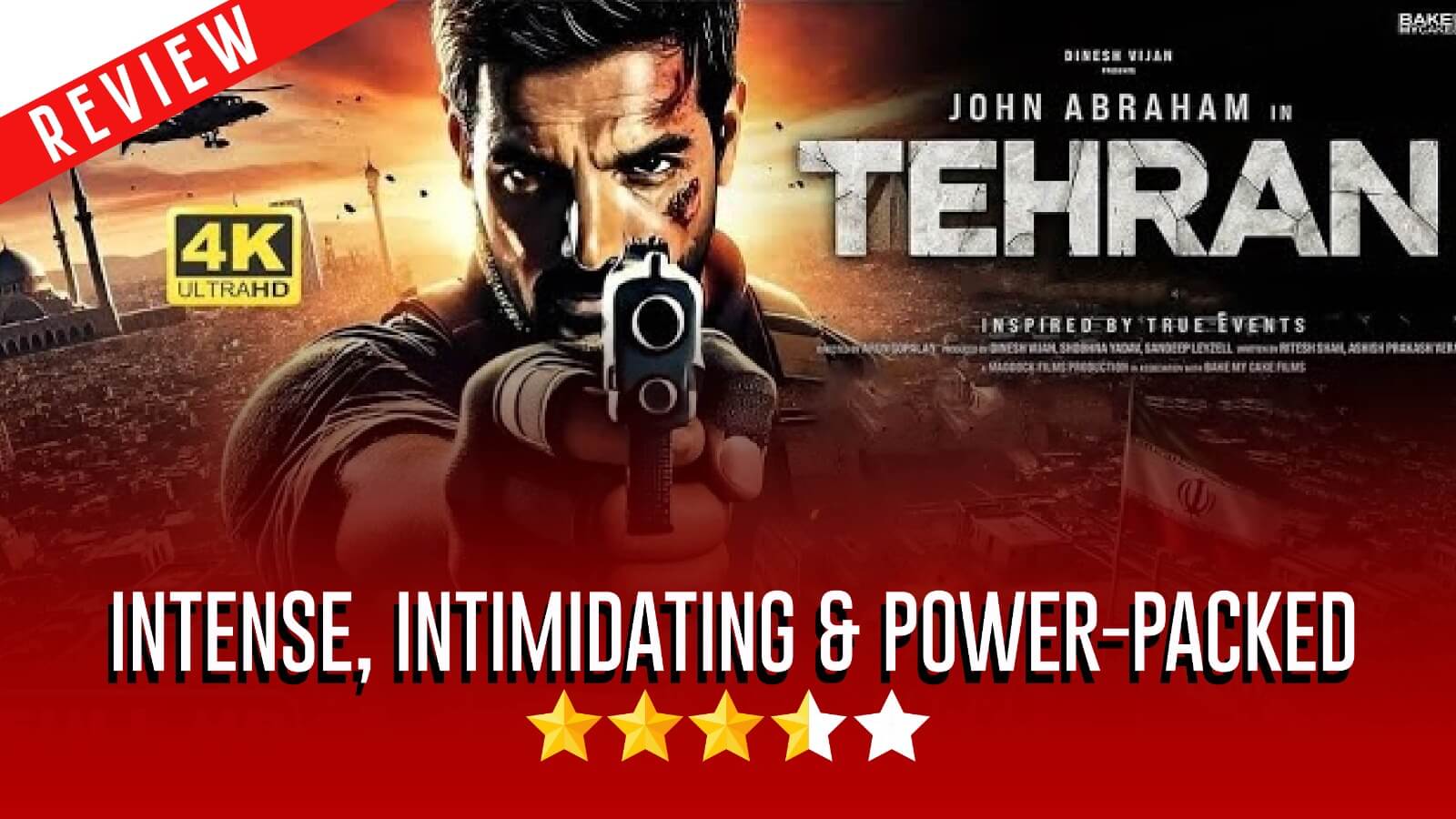Arun Gopalan’s Tehran, produced by Maddock Films & Bake My Cake Films, is a blunt political thriller that accurately melds storytelling with psychological impact, without overstating the cinematic experience. It is forward-facing in atmosphere, purpose and international politics, rather than spectacle or action.
DCP Rajiv Kumar (John Abraham), a senior Delhi Police officer, pulled into the aftermath of a bomb blast that quickly reveals itself to be part of a far more complex international entanglement. The narrative begins as a criminal investigation evolves into a high-stakes pursuit across the fault lines of India, Iran, and Israel’s diplomatic tensions.

John Abraham delivers what is arguably his most disciplined and internalised performance to date. Gone are the theatrics and grandstanding; here, he operates with a controlled intensity, measured, haunted, and wholly convincing. His silence often speaks louder than dialogue, and his physicality carries emotional heft.
The supporting ensemble is efficient, though variably utilised. Manushi Chhillar is clearly getting better, especially in the physical sequences, although her character looked a bit wishy-washy. Neeru Bajwa is authoritative and mature, lending weight to the crucial emotional beats. At the same time, Hadi Khanjanpour, playing the antagonist, manages a chilling disaffection that lends weight to the drama and credible malice to the piece.

The screenplay, co-written by Ritesh Shah and Ashish Prakash Verma, with the original story by Bindi Karia, avoids clichés and reductive patriotism. The writing is restrained, intelligent, and trusts the viewer to engage with the material without oversimplification. Dialogue is sparse, but every word is functional; nothing is superfluous. The film demands a basic understanding of international relations, particularly in the Middle Eastern context, and offers no shortcuts for the uninformed.
The cinematography feels very deliberate, with every frame creating an uncomfortable feel of claustrophobia. The dull colour palette makes the film’s morality almost neutral, and it also speaks to the emotional fatigue in its main character. Tanishk Bagchi’s score is restrained, supporting the tension rather than competing with it.
Tehran demands active viewing. It shuts the door on high octane action and mawkish monologues, settling instead for a slow-burn narrative constructed through silence, diplomacy, and psychological strain. It’s less about spectacle and more about what happens in the shadows, decisions made without glory, risks taken without recognition.
While not universally accessible, due to language barriers and its methodical pacing, it is a film of rare clarity and purpose. Tehran is not just timely; it is tactically and thematically relevant, executed with discipline and anchored in realism.
Tehran is streaming on ZEE5.
IWMBuzz rates it 3.5/5 stars.

